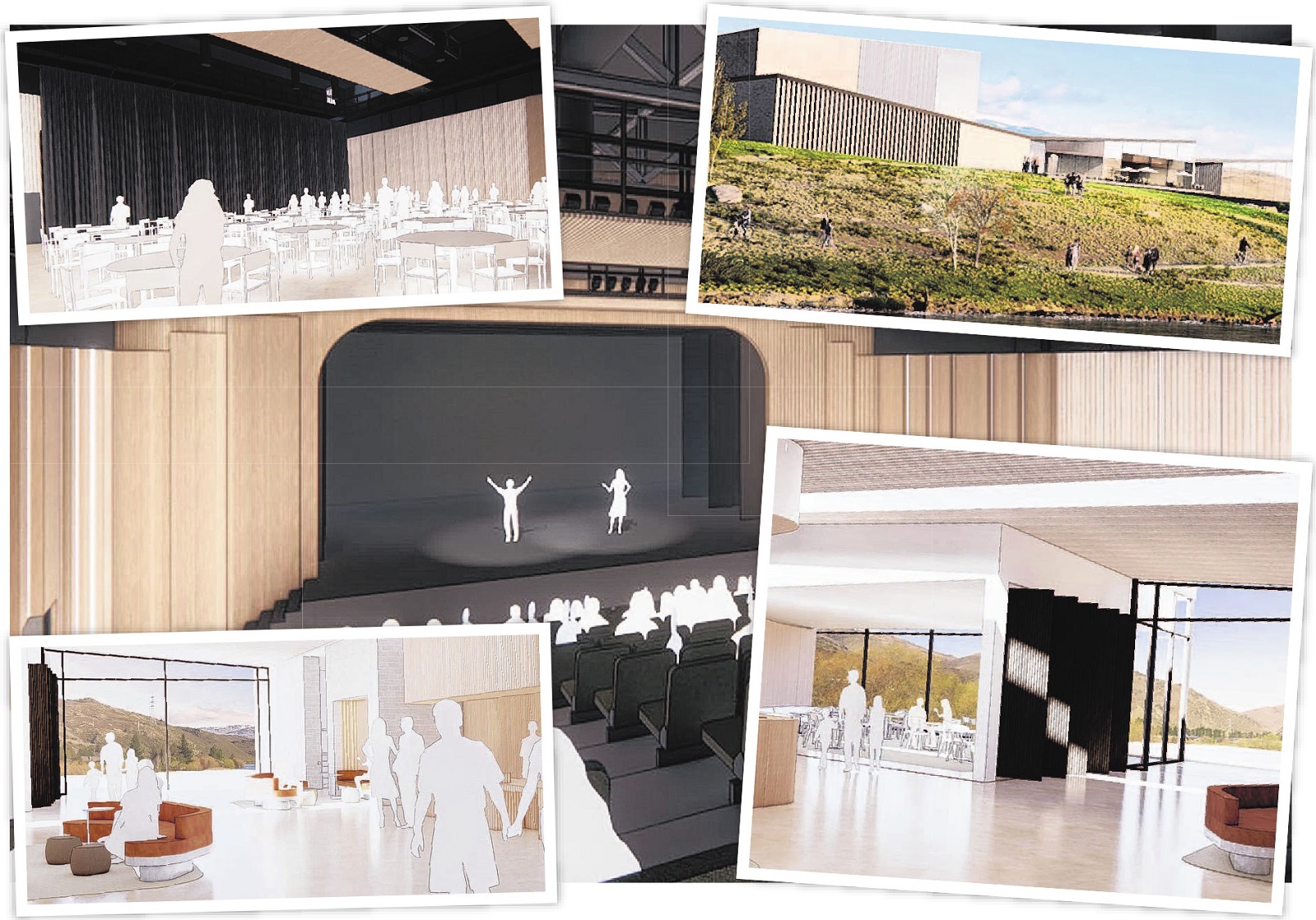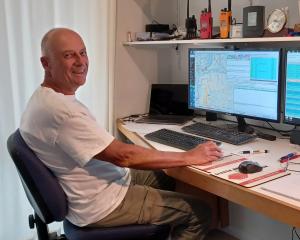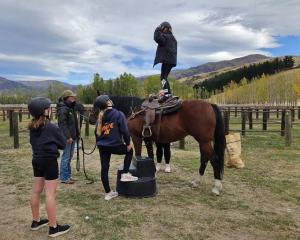
Preliminary designs for the $38 million multi-purpose complex were endorsed by the Cromwell Community Board for public engagement at a meeting on Thursday.
The proposed design includes a 400-seat auditorium, cafe, cinema, flexible community and meeting spaces to be built on the site of the original memorial hall in Melmore Tce.
The Cromwell Museum will also be located in the complex.
Earlier in the meeting, Cromwell Museum Trust chairman Martin Anderson and museum director Jennifer Hay spoke about the museum’s involvement in the facility and the opportunities — and challenges — it presented.
Mr Anderson said the museum’s existing building was no longer fit for purpose and its inclusion in the new space would be a "key attraction" for schools, cyclists and visitors.
However, it would also expose some key vulnerabilities on how the museum operated, particularly in terms of funding and the reliance on volunteers.
He also expressed concerns the word "museum" was not mentioned in the facility’s name.
Community board chairwoman Anna Harrison said the name of the facility had not been settled yet.
Ms Hay said it was exciting to have the museum linked with the new facility.
"I think that museums have always been places of civic pride, places for learning enjoyment, creativity and inspiration. And smaller museums like the Cromwell Museum quite often are the only places of cultural activities in their location, and for us to share a space in the new cultural event centre, this will help us to connect with a wider audience."
Council property and facilities manager Garreth Robinson said the next step for the project was to create space for the community to engage with the designs and provide feedback before they were developed further.
A soft launch of the designs went live on the Central Otago District Council’s website in December, but there had been no feedback on these, he said.
Community drop-in sessions would be crucial engaging the public.
"We think the drop-in sessions are so important because that’s what Cromwell people really like — they like to get in there, have a chat to us face to face and have a look at some of the concepts and designs."
The virtual reality aspect of the sessions would allow people to immerse themselves in the building, he said.
Board member Bob Scott questioned how the drop-in sessions would be promoted, but Mr Robinson and a member of the council communications team assured him a wide range of channels would be utilised, including through the schools.
After public feedback, the designs would be developed further and reviewed by the Project Advisory Group in March-April.
A meeting with external funders Central Lakes Trust, Otago Community Trust and the Lottery Grants Board is scheduled for February 24.












